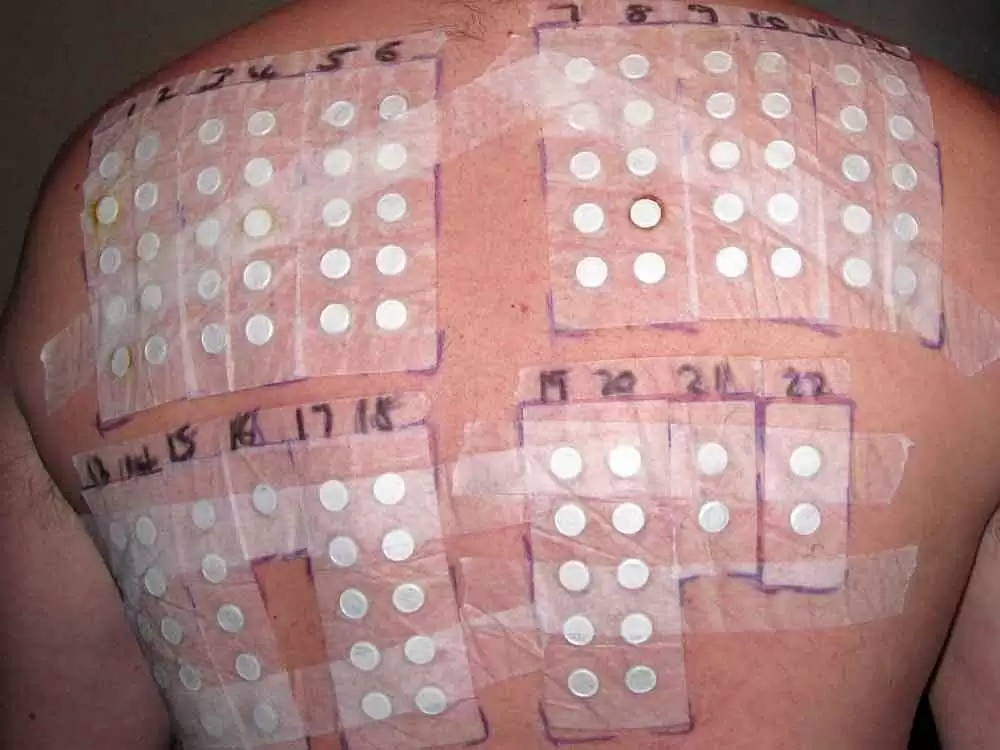
Celiac.com 09/18/2025 - Many people believe that celiac disease is a condition that begins in childhood and that if you reach adulthood without symptoms, you are in the clear. This is a common misconception. In reality, celiac disease can develop at any age, including in your 30s, 40s, 50s, and beyond. For some, the first noticeable signs do not appear until decades after early life. Understanding that adult-onset celiac disease is possible is important for both individuals and healthcare providers. Recognizing the symptoms and knowing when to get tested can prevent years of discomfort, nutrient deficiencies, and complications.
Understanding Celiac Disease
Celiac disease is an autoimmune disorder triggered by the ingestion of gluten, a protein found in wheat, barley, and rye. When someone with celiac disease consumes gluten, their immune system mistakenly attacks the lining of the small intestine. Over time, this damage reduces the intestine’s ability to absorb nutrients, leading to a wide range of health issues. The disease is genetic, but not everyone with the genes will develop it. Environmental factors, immune system changes, and other triggers can influence when the disease appears.
Can You Get Celiac as an Adult?
Celiac.com Sponsor (A12):
Yes. Adults can develop celiac disease even if they ate gluten without problems for most of their lives. In some cases, people may have had very mild or subtle symptoms for years that were overlooked. In others, the condition appears suddenly after a specific trigger, such as:
- Major illness or infection
- Surgery or physical trauma
- Pregnancy and childbirth
- Significant emotional stress
- Changes in gut microbiome due to antibiotics or other medications
These events can alter the immune system’s behavior, activating the disease in someone who is genetically predisposed.
Late-Onset Celiac Symptoms
The symptoms of adult-onset celiac disease are often more varied and less obvious than in children. While some adults experience classic digestive symptoms, others develop issues that seem unrelated to the gut. Common late-onset symptoms include:
- Persistent diarrhea or constipation
- Unexplained bloating and gas
- Abdominal pain or cramping
- Chronic fatigue
- Iron-deficiency anemia that does not respond to supplements
- Unintentional weight loss or difficulty maintaining weight
- Bone or joint pain
- Skin rashes, including dermatitis herpetiformis
- Neurological issues like tingling, numbness, or brain fog
- Mood changes such as anxiety or depression
Because these symptoms can mimic other health problems, many adults go undiagnosed for years.
Celiac Diagnosis in Your 30s, 40s, or Later
If you suspect celiac disease, the first step is to speak with your healthcare provider about testing. Diagnosis usually involves:
- Blood tests to detect antibodies commonly elevated in celiac disease
- An upper endoscopy to examine the small intestine and take biopsies
It is essential to continue eating gluten before and during the testing process. Removing gluten beforehand can cause test results to appear normal, even if celiac disease is present.
Adults diagnosed later in life may need additional assessments for related health concerns, such as bone density scans to check for osteoporosis, as years of malabsorption can weaken bones.
Why Adults Sometimes Go Undiagnosed
There are several reasons why celiac disease is missed in adults:
- Symptoms are mistaken for irritable bowel syndrome, food intolerances, or aging-related changes
- Non-digestive symptoms like anemia or fatigue are treated without identifying the root cause
- Healthcare providers may not consider celiac disease if there is no family history
- Symptoms develop slowly, making them easier to ignore
In addition, some adults learn to adapt to mild digestive discomfort over the years and do not realize their symptoms are abnormal.
Living Gluten-Free After a Late Diagnosis
The only treatment for celiac disease is a strict, lifelong gluten-free diet. For someone diagnosed in adulthood, the adjustment can be challenging, especially if they have eaten gluten for decades. Key steps include:
- Learning to read labels carefully for hidden gluten sources
- Preventing cross-contamination in the kitchen and when dining out
- Working with a dietician experienced in celiac disease to ensure nutritional balance
- Rebuilding nutrient stores through diet and supplements if deficiencies are present
- Regular medical follow-ups to monitor healing and check for related conditions
Many adults report significant improvement in symptoms within weeks to months of starting the diet, although intestinal healing can take longer.
What This Means for People with Celiac Disease or Gluten Sensitivity
For those already living with celiac disease, understanding that it can develop later in life is important for supporting family members who may be at risk. If a relative develops unexplained symptoms in adulthood, testing for celiac disease should be considered. For people with gluten sensitivity, awareness of late-onset celiac disease can help differentiate between non-celiac gluten sensitivity and an autoimmune condition that requires stricter precautions. This knowledge also reinforces the importance of early and accurate diagnosis, since untreated celiac disease can lead to long-term health problems such as osteoporosis, infertility, and certain cancers.
Conclusion
Celiac disease is not limited to childhood. It can appear at any stage of life, often after a triggering event or gradual changes in the immune system. Adults in their 30s, 40s, or later who experience unexplained digestive problems, fatigue, anemia, or other related symptoms should discuss the possibility of celiac disease with their healthcare provider. With proper diagnosis and a lifelong gluten-free diet, most adults see substantial improvements in health and quality of life. Awareness of adult-onset celiac disease helps ensure that no one is overlooked simply because of their age.











Recommended Comments
Create an account or sign in to comment
You need to be a member in order to leave a comment
Create an account
Sign up for a new account in our community. It's easy!
Register a new accountSign in
Already have an account? Sign in here.
Sign In Now